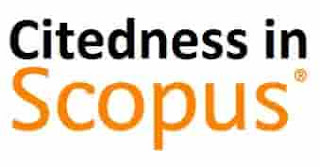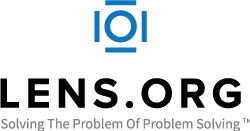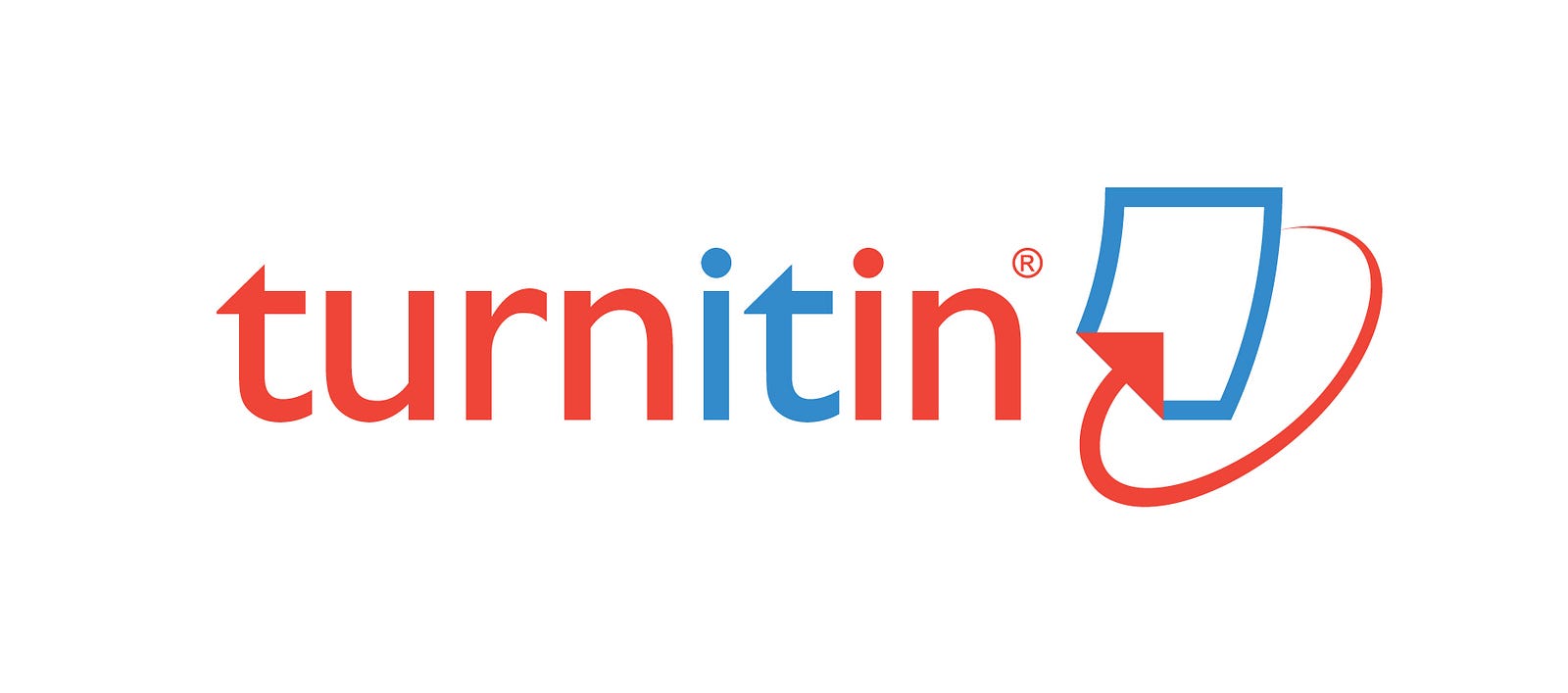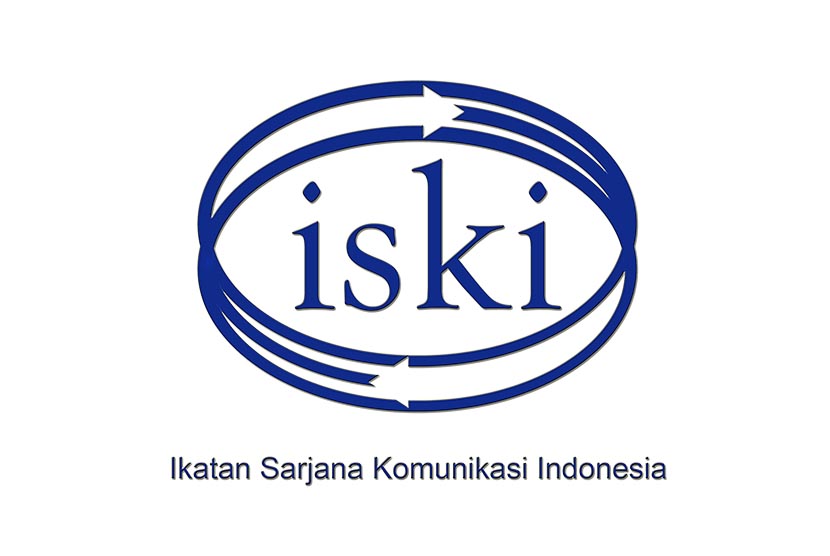PENGUATAN TOLERANSI AGAMA “ANALISIS KOMUNIKASI PEMBANGUNAN AGAMA” (Studi Pemerintahan Kota Bogor)
Keywords:
Emforcment Relegious Tolerance, Religion Development CommunicationAbstract
This article aims at analyzing the empowerment of religious tolerance associated in communicated the regulation of religion conducted by the regional heads and stakeholders of Bogor city goverment in the communication development of religion as well as to identify factors that influence the mayor of bogor city and stakeholders in strengthening religious tolerance in communication religious development.
To get the results of a comprehensive analysis in uncovering the role of the actors involved strengthening religious tolerance, this article uses some microsociological theories such as systems theory, symbolic interactionalism theory, and interpenetration theory. It also uses qualitative methods by using a descriptive analytical approach.
Downloads
References
Clifford Geertz, 1981, Abangan, Santri, Priyayi Dalam Masyarakat Jawa. Cet.I. Jakarta, PT. Dunia Pustaka Jaya
Fitzgeral K.Sitoru, 2008. Masayarakat Sebagai Sistem-Sistem Autopoesisis, Tentang Teori Sosila
Nikhlas Luhmann. Jurnal Driyarkara. Th.XXIX. No.3/2008.
George Ritzer, 2012. Teori Sosologi, Dari Sosologi Klasik Sampai Perkembangan Terakhir Postmodern. Yogyakarta, Pustaka Pelajar
Gunaryo, 2015, Kebijakan Kerukunan Agama Dalam Pembinaan Kerukunan Umat, http://m.antarasultra.com/b, diakses tgl 6 November 2015
Haedar Nashir , 1997. Agama dan Krisis Kemanusiaan Moderen. Cet.I. Yogyakarta, Pustaka Pelajar
Hasan Sazali, 2015, Penguatan Toleransi Dalam Komunikasi Pembangunan Agama (Studi Pemerintahan Kota Bogor Dan Yogyakarta), Disertasi, Yogyakarta, Penyuluhan Dan Komunikasi Pembangunan, Sekolah Pascasarjana, Universitas Gadjahmada
Imam Tholkhah, 2001. Mewaspadai dan Mencegah Konflik Antar Umat Beragama, Jakarta, Badan Litbang Agama Dan Diklat Keagamaan Proyek Peningkatan Kerukunan Hidup Umat Beragama
Jhon W Creswell, Research Design, Qualitative, Quantitaive, Mixe Methods Approaches, edisi Terjemahan, Reseach Design, Pendekatan Kualitatif, Kuantitatif, dan Mixed, 2010, Cet.I, Yogyakarta, Pustaka Pelajar
Kementerian Agama R.I, 2010. Perencanaan Program dan Anggaran Departemen Agama.
Kementerian Perencanaan Pembangunan Nasional/Badan Perencanaan dan Pembangunan Nasional, 2010. Lampiran Presiden Republik Indonesia
Nomor 5 Tahun 2010 Tentang Rencanan Pembangunan Jangka Menegah Nasional RPJM (2010-2014) Kota Bogor Dalam Angka, 2013, Badan
Perencanaan Pembangunan Daerah Kota Bogor, Dengan Badan Pusat Statistik Kota Bogor
M. Djunaidy Ghony dan Fauzan Almanshur, 2012. Metodologi Penelitian Kualitatif, Jakarta, Ar-Ruz Media
M. Ridwan Lubis, 2010, Kebijakan Pembangunan Agama di Indonesia Dalam Lintasan Sejarah. Jurnal Harmoni. Volume IX,No.34 April 2010.
Pslitbang Kehidupan Keagamaan Badan Litbang dan Diklat Kementerian Agama RI
Putnam, RD (1993), “The Prosperous Community: Social Capital and Public Life, dalam The American Prospect, Vol.13, halaman 35-42. RKPD (Rancangan Kegiatan Pembangunan Daerah) Kota Bogor 2015
Robert Baron Roberta danDonn Byrne, 2003. Psikologi Sosial. Edisi
Terjemahan. Jilid 1. Cet.X. Jakarta, Gelora Aksara Pratama
Sugiyono, 2014. Cara Mudah Menyusun Skripsi, Tesis, dan disetasi. Cetakan ke 2. Bandung: Alfabeta
Tedi Kholiludin, 2015. Aturan Pengeras Suara Rumah Ibadah, http://elsaonline.com/ ?p=1384,diakses tgl 6 November 2015
Downloads
Published
Issue
Section
License
Please find the rights and licenses in Profetik: Jurnal Komunikasi by submitting the article/manuscript of the article, the author(s) agree with this policy. No specific document sign-off is required.
1. License
The non-commercial use of the article will be governed by the Creative Commons Attribution license as currently displayed on Creative Commons Attribution-NonCommercial 4.0 International License

2. Author(s)' Warranties
The author warrants that the article is original, written by stated author(s), has not been published before, contains no unlawful statements, does not infringe the rights of others, is subject to copyright that is vested exclusively in the author and free of any third party rights, and that any necessary written permissions to quote from other sources have been obtained by the author(s).
3. User/Public Rights
Profetik's spirit is to disseminate articles published are as free as possible. Under the Creative Commons license, Profetik permits users to copy, distribute, display, and perform the work for non-commercial purposes only. Users will also need to attribute authors and Profetik on distributing works in the journal and other media of publications. Unless otherwise stated, the authors are public entities as soon as their articles got published.
4. Rights of Authors
Authors retain all their rights to the published works, such as (but not limited to) the following rights;
Copyright and other proprietary rights relating to the article, such as patent rights, The right to use the substance of the article in own future works, including lectures and books, The right to reproduce the article for own purposes, The right to self-archive the article (please read out deposit policy), The right to enter into separate, additional contractual arrangements for the non-exclusive distribution of the article's published version (e.g., post it to an institutional repository or publish it in a book), with an acknowledgment of its initial publication in this journal (Profetik: Jurnal Komunikasi).
5. Co-Authorship
If the article was jointly prepared by more than one author, any authors submitting the manuscript warrants that he/she has been authorized by all co-authors to be agreed on this copyright and license notice (agreement) on their behalf, and agrees to inform his/her co-authors of the terms of this policy. Profetik will not be held liable for anything that may arise due to the author(s) internal dispute. Profetik will only communicate with the corresponding author.
6. Royalties
Being an open accessed journal and disseminating articles for free under the Creative Commons license term mentioned, author(s) aware that Profetik entitles the author(s) to no royalties or other fees.
7. Miscellaneous
Profetik will publish the article (or have it published) in the journal if the article’s editorial process is successfully completed. Profetik's editors may modify the article to a style of punctuation, spelling, capitalization, referencing and usage that deems appropriate. The author acknowledges that the article may be published so that it will be publicly accessible and such access will be free of charge for the readers as mentioned in point 3.

























